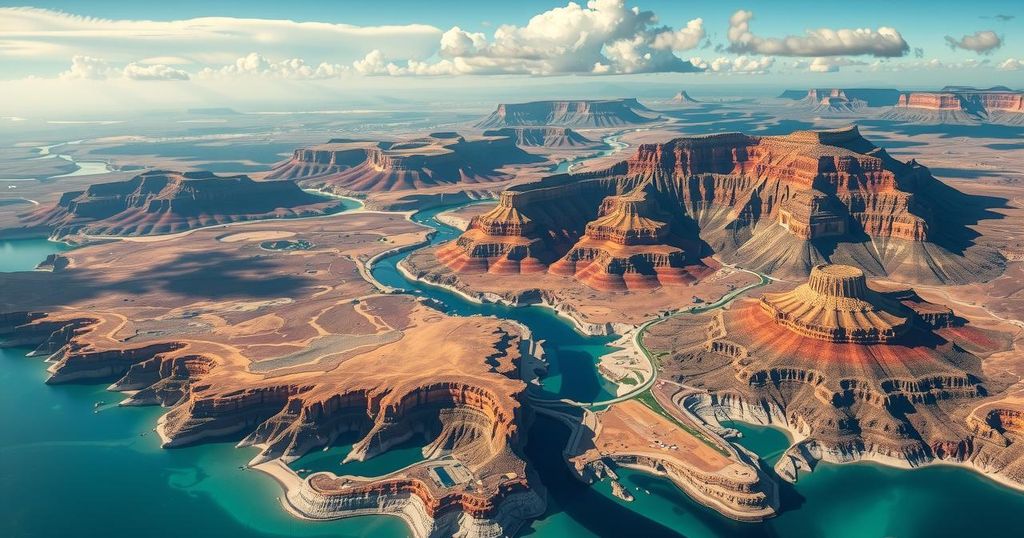Chile is a 2,500-mile long country in South America known for its diverse climates, ranging from arid deserts to cool southern regions. It features stunning natural landscapes, abundant wildlife, and significant social challenges due to Indigenous land rights conflicts. Chile is also seismically active, having experienced the strongest recorded earthquake in history. Its varied ecosystems and rich cultural heritage make it a uniquely intriguing destination.
Chile, a remarkable country located along the Pacific coast of South America, is recognized for its extraordinary length, spanning approximately 2,500 miles from north to south. This expansive nation hosts a diverse range of climates, from the arid Atacama Desert in the north to the cooler, damp conditions in the south, including Mediterranean, tropical, and oceanic climates within its borders. With a population nearing 20 million, Chile offers stunning natural attractions, including breathtaking beaches, towering mountains, and a variety of wildlife, such as the Chilean condor and pumas.
Chile is unique in that it is longer than Europe, which shares a similar length from northern Sweden to southern Spain. At its narrowest point, Chile measures a mere 40 miles in width, emphasizing its elongated geographical form. The country’s climatic variations allow for rich biodiversity and a multitude of ecosystems, supporting an impressive array of species. Additionally, the Chilean Patagonia region is renowned for its striking glaciers and trekking opportunities, making it a popular destination for travelers.
However, one must be mindful of the social challenges within the country. Despite being one of the safest nations in the Americas according to the Global Peace Index, Chile faces tensions related to land rights, particularly concerning the Indigenous Mapuche population. This conflict primarily involves forestry corporations and landowners, leading to potential road closures and sporadic violence in specific areas, such as the coastal range between Lebu and Temuco.
Moreover, Chile is situated within the Pacific Ring of Fire, contributing to its status as the second-most volcanically active country globally, following Indonesia. It is also significant to mention that Chile experienced the most powerful earthquake ever recorded in 1960, the Valdivia Earthquake, which reached a magnitude of 9.5. These geological characteristics further distinguish Chile as a land of both breathtaking beauty and natural phenomena.
Chile is notable for its geographical features and diversity, stretching along the Pacific coast of South America. Its unique positioning results in a wide range of climates and ecosystems, contributing to its status as a biodiversity hotspot. Furthermore, Chile’s extensive length places it alongside Europe in distance, fostering its reputation as an intriguing travel destination. The country’s social and political landscape, particularly concerning Indigenous rights, adds depth to its narrative, as does its geological activity, making it a fascinating study of both beauty and complexity.
In summary, Chile stands out as a country of remarkable length and climatic diversity, offering a wealth of natural attractions and wildlife. While it boasts impressive geographic features and a relatively safe environment, ongoing land rights conflicts highlight critical social issues that warrant attention. Furthermore, its geological activity places Chile among the world’s most dynamic landscapes. Visitors and scholars alike will find much to explore in this extraordinary nation, from its stunning treks to its complex social fabric.
Original Source: www.express.co.uk






